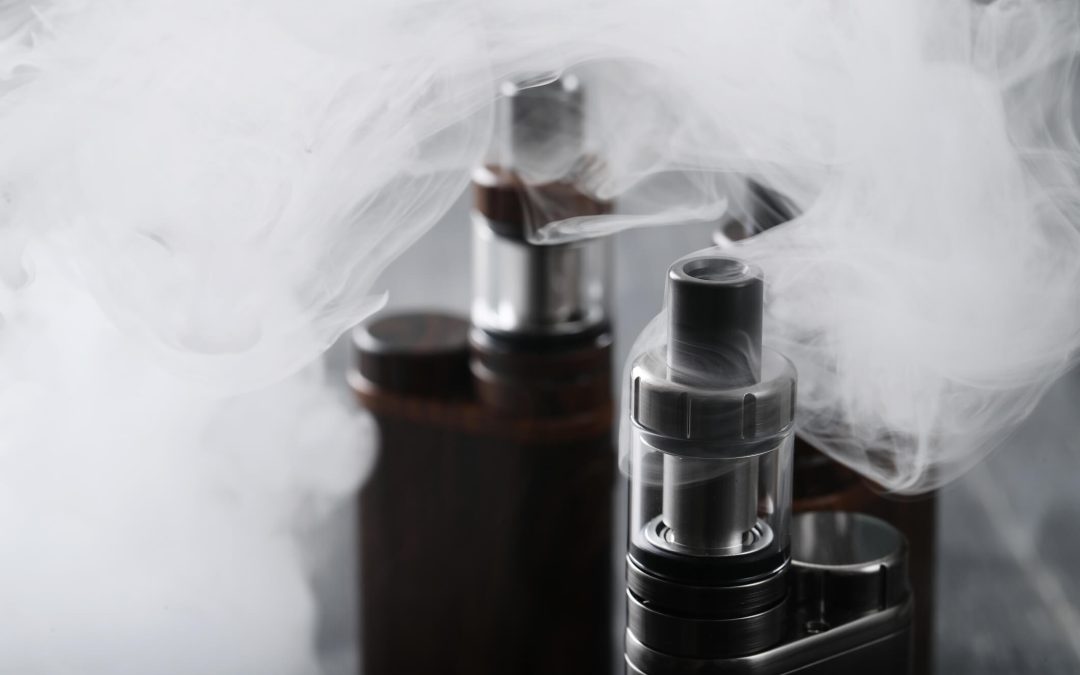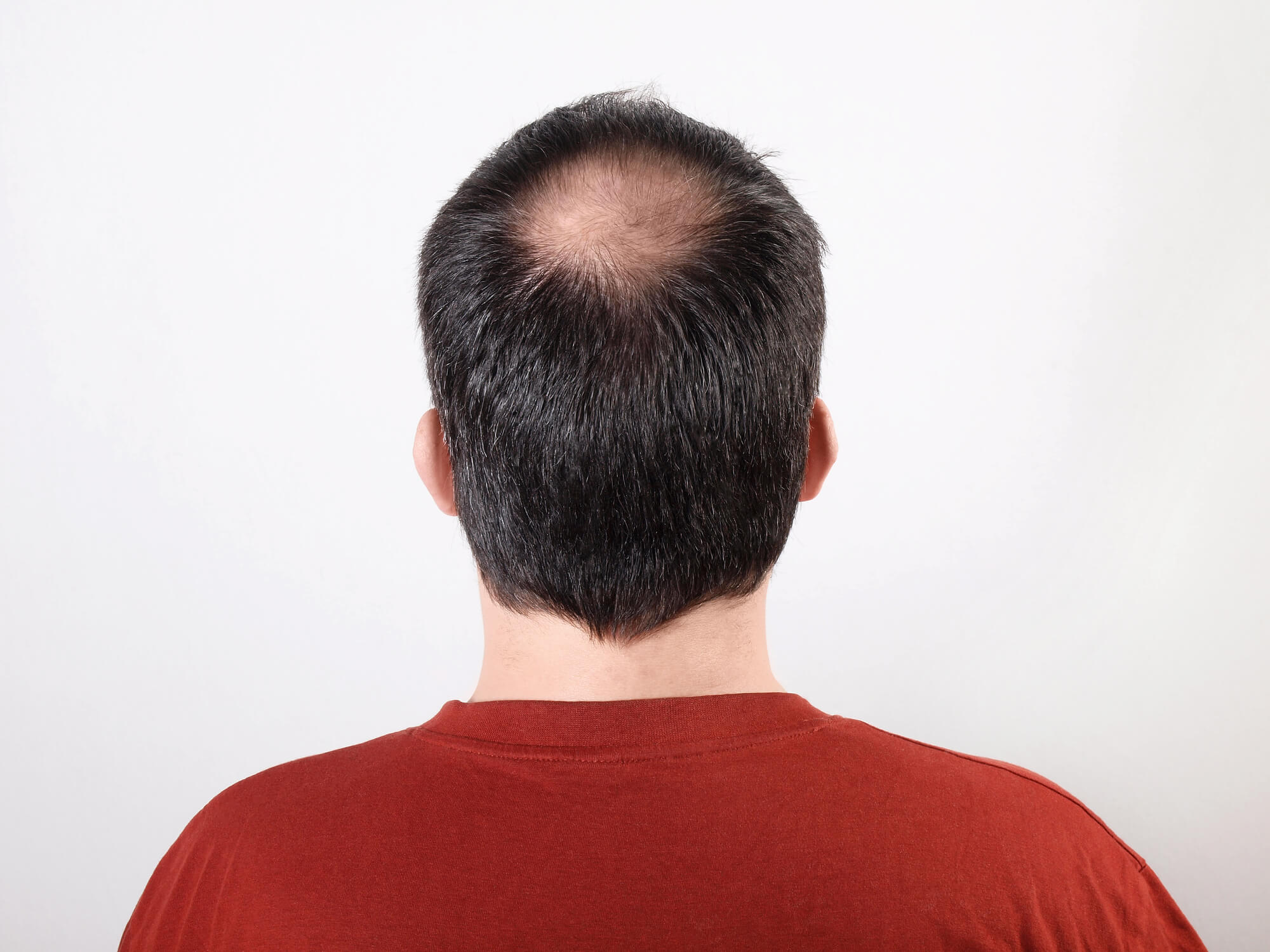As vaping continues to rise in popularity, many people have started to question its impact on various aspects of health, including hair loss. With e-cigarettes and other vaping devices becoming common alternatives to traditional cigarettes, there’s growing interest in whether these substances could be causing issues with hair growth, hair follicles, and the overall condition of the scalp. This blog post aims to explore in detail whether vaping leads to hair loss, the science behind it, and how factors such as nicotine, chemicals, and blood flow can play a role. Concerns about breakage and deficiency in hair health are increasingly linked to addiction to vaping, while discussions about cessation, recovery, and prevention of hair loss are becoming more common. If you’re concerned about the potential effects of vaping on your hair and are seeking hair restoration options, you’re not alone—many people are facing similar concerns.
The Growing Popularity of Vaping
Before diving into the specifics of hair loss, it’s essential to understand why vaping has become so widespread. E-cigarettes and vaping devices have gained traction as a supposed “healthier” alternative to smoking. Vaping allows users to inhale vaporized liquids, often containing nicotine, without the combustion of tobacco. This shift has led many people to believe that vaping carries fewer health risks than traditional cigarettes. However, recent studies and anecdotal evidence from people around the world, including in the UK, suggest that vaping may not be as harmless as it seems.
One of the rising concerns about vaping is its impact on hair health. Hair loss is influenced by various factors, ranging from genetics to lifestyle choices. Vaping, like smoking, introduces foreign chemicals and substances into the body, and some researchers believe that these can directly affect the health of hair follicles, the scalp, and the hair growth cycle. But how exactly does this happen?
How Vaping Affects Hair Follicles and Scalp Health
Hair health is tied to many bodily systems, and the scalp, in particular, relies heavily on a steady supply of oxygen, nutrients, and blood flow to remain healthy. Hair follicles are delicate structures that can be easily affected by changes in the body, such as hormonal imbalances, stress, or nutrient deficiencies. When you vape, you’re inhaling substances like nicotine, which can cause significant changes in blood flow. Studies have shown that nicotine constricts blood vessels, reducing the amount of oxygen and nutrients that reach the scalp. This is a concerning sign, especially for patients already at risk for hair loss. Furthermore, the nicotine levels found in vaping can be comparable to those in cigarette smokers, amplifying the potential risks to hair health. Exploring reliable sources of information on this topic can help you understand how nicotine affects hair follicles and overall scalp conditions.
The chemicals found in vaping liquids, which can come as vapor or aerosol, are absorbed into the bloodstream and distributed throughout the body. Blood vessels that supply the scalp may be narrowed or damaged by nicotine and other chemicals, which could reduce the essential nutrients needed for hair growth. Over time, this damage may contribute to hair thinning and even permanent hair loss in some individuals. Men and women who are particularly sensitive to hormonal changes may see their hairline receding faster if they are regular users of e-cigarettes.
The health risks associated with vaping aren’t just limited to the lungs and heart. Just like traditional cigarettes, vaping introduces a variety of harmful chemicals into the body. These substances can interfere with the hair’s natural growth cycle, weaken hair follicles, and lead to conditions like telogen effluvium—a temporary hair loss condition caused by stress or sudden changes in the body. For many individuals, the chances of experiencing hair loss may increase significantly with continued use of these products. Plenty of options are available if you are concerned about your hair health and looking for ways to restore it. Consulting with a qualified candidate for hair restoration can help you determine the best course of action for your specific situation, especially if you are taking medications or have a history of cancer in your family. It’s essential to stay informed about the latest news on vaping and its potential impact on your life and health.
The Role of Nicotine in Hair Loss
Nicotine is a powerful stimulant and vasoconstrictor, which narrows blood vessels and limits the amount of oxygen-rich blood that can circulate through the body. Hair follicles require a steady supply of nutrients and oxygen to thrive. When nicotine restricts this blood flow, the hair follicles may not receive the necessary nourishment to sustain healthy growth. This reduced circulation can cause hair thinning, particularly around the hairline and the crown of the head.
Moreover, nicotine also elevates levels of certain stress hormones, which can lead to a disruption in the hair growth cycle. This can push more hair follicles into the resting phase (telogen), resulting in noticeable thinning or shedding. This disruption can speed up the process, causing hair to fall out sooner than expected for people already genetically predisposed to conditions like male or female pattern baldness.
In addition to impacting blood flow, nicotine also causes oxidative stress within the body. Oxidative stress occurs when the body produces excess free radicals, which can damage cells and tissues. Hair follicles are susceptible to oxidative stress, and prolonged exposure can lead to weakened hair strands, thinning, and hair loss. Some researchers believe that oxidative stress may also accelerate the onset of alopecia, a condition where the immune system mistakenly attacks hair follicles, causing patches of baldness.
The Connection Between Vaping Chemicals and Hair Loss
Vaping liquids contain more than just nicotine. Most e-cigarette products are made with a combination of chemicals, including propylene glycol and other flavoring agents. These chemicals can have side effects, particularly when used over long periods. Propylene glycol, for example, has been linked to allergic reactions and scalp irritation in some people, which may exacerbate conditions like hair thinning.
Aerosols produced by e-cigarettes also contain various particles and chemicals that can impact the respiratory system. Inhaling these substances affects more than just the lungs—once absorbed into the bloodstream, they can affect other bodily systems, including those that regulate hair growth. Some chemicals may disrupt the hair follicles’ ability to produce new hair, leading to thinning or shedding over time.
One factor to consider is that the long-term effects of vaping are still relatively unknown. Since e-cigarettes have only been widely available for the past decade or so, researchers are still studying their long-term health impacts. As more studies are conducted, we may learn more about how vaping affects hair and overall health.
Stress, Diet, and Hair Health
Another crucial factor when discussing hair loss and vaping is the impact of stress. Smoking and vaping introduce chemicals into the body that can elevate stress levels. Elevated stress can disrupt hormone levels, triggering or exacerbating hair thinning. In particular, elevated levels of the stress hormone cortisol have been linked to hair loss in both men and women.
Diet is also an essential element of maintaining healthy hair. A diet rich in vitamins and minerals is essential for the growth and maintenance of hair follicles. However, smoking and vaping can interfere with the body’s ability to absorb these nutrients. For example, nicotine can deplete levels of specific vitamins, such as vitamins C and E, which are essential for hair health. Without sufficient levels of these vitamins, hair may become weak, brittle, and more prone to falling out.
Hair thinning, hair loss, and scalp conditions such as alopecia can also be exacerbated by the body’s inability to deal with toxins from vaping liquids. Many of these chemicals are foreign substances the body must work harder to eliminate. Over time, the body’s detoxification system can become overwhelmed by this substance, which may cause inflammation and hair thinning.
Does Vaping Cause Hair Loss in Everyone?
While not everyone who vapes will experience hair loss, certain people may be more susceptible. For example, men and women who are already predisposed to genetic hair loss conditions, such as male or female pattern baldness, may find that vaping accelerates their hair loss. Additionally, people with underlying health conditions that affect blood flow, such as high blood pressure or diabetes, may experience more pronounced hair thinning due to the circulatory issues caused by nicotine.
It’s also important to consider the role of hormone levels. Nicotine has been shown to affect hormone production, particularly testosterone, which plays a crucial role in hair growth for both men and women. Elevated testosterone levels or hormone balance disruptions can lead to hair thinning or hair loss, particularly along the hairline. For vapers, understanding these factors can be crucial. If you’re experiencing hair loss and are concerned about your habit, seeking a consultation with a healthcare professional can provide clarity. It’s essential to recognize that the type of liquid you vape may contain various substances that could impact your hair health. Knowing the reasons behind your hair loss is essential, as addressing these can help you find the correct answers. The logo of your vaping product may also reveal important information about its ingredients, which could be a significant thing to consider for smokers transitioning to vaping.
Exploring Hair Loss Solutions
If you’re noticing hair thinning or hair loss and are concerned about the potential impact of vaping, there are several treatment options to consider. First and foremost, reducing or eliminating your use of e-cigarettes and nicotine products can help improve blood flow to the scalp and reduce the risk of further hair loss.
In addition to lifestyle changes, medical treatments for hair loss are available. For example, minoxidil is a popular over-the-counter solution that has been shown to promote hair regrowth in some individuals. Finasteride is another prescription medication that can help block the production of DHT (a hormone linked to hair loss) and slow the progression of male pattern baldness.
Hair transplant surgery is another option for more advanced cases of hair thinning. At Neograft Hair Restoration Orange County, we specialize in hair transplants that restore healthy hair follicles to areas affected by hair loss. Our procedures are designed to stimulate natural hair growth and improve the overall appearance of the hairline.
Consulting with a doctor or hair specialist is crucial if you’re experiencing oxidative stress, telogen effluvium, or other scalp conditions. The earlier you address the underlying causes of your hair loss, the more likely you will see successful treatment results.
Conclusion: Should You Be Concerned About Vaping and Hair Loss?
While more research is needed to fully understand the long-term effects of vaping on hair health, the evidence so far suggests that vaping could contribute to hair thinning and hair loss, particularly for those who are already predisposed to these conditions. Chemicals found in e-cigarettes, such as nicotine, can disrupt blood flow to the scalp, introduce harmful substances into the body, and elevate stress levels, all of which can negatively impact hair health. Vaping may also trigger inflammation similar to that caused by cigarette smoke, further complicating hair loss issues.
If you’re concerned about hair loss and are looking for solutions, reducing or eliminating your vaping habits is an excellent place to start. Additionally, exploring treatments like minoxidil, finasteride, or hair transplant surgery can help restore hair growth and improve your overall hair health. Trustpilot reviews can provide insight into the effectiveness of various hair loss treatments and clinics.
At Neograft Hair Restoration Orange County, we offer consultations to help you understand the causes of your hair loss and create a customized treatment plan. Whether you’re experiencing thinning hair due to vaping or other lifestyle factors, we’re here to provide the tips and solutions you need to regain confidence in your appearance.
By taking control of your health and seeking professional guidance, you can take proactive steps to prevent further hair loss and stimulate natural hair regrowth. Stop vaping, prioritize your diet and stress management, and don’t hesitate to ask questions about your treatment options on Google.




Recent Comments